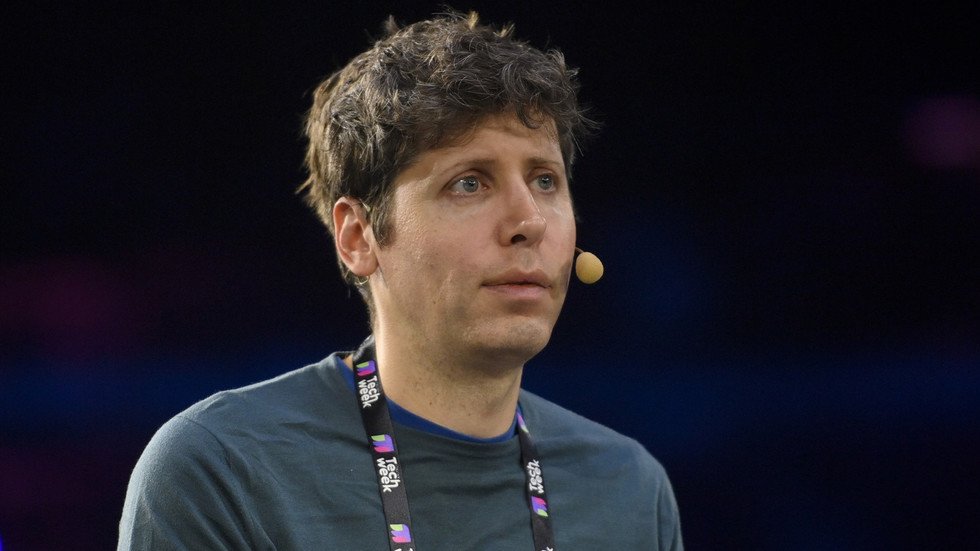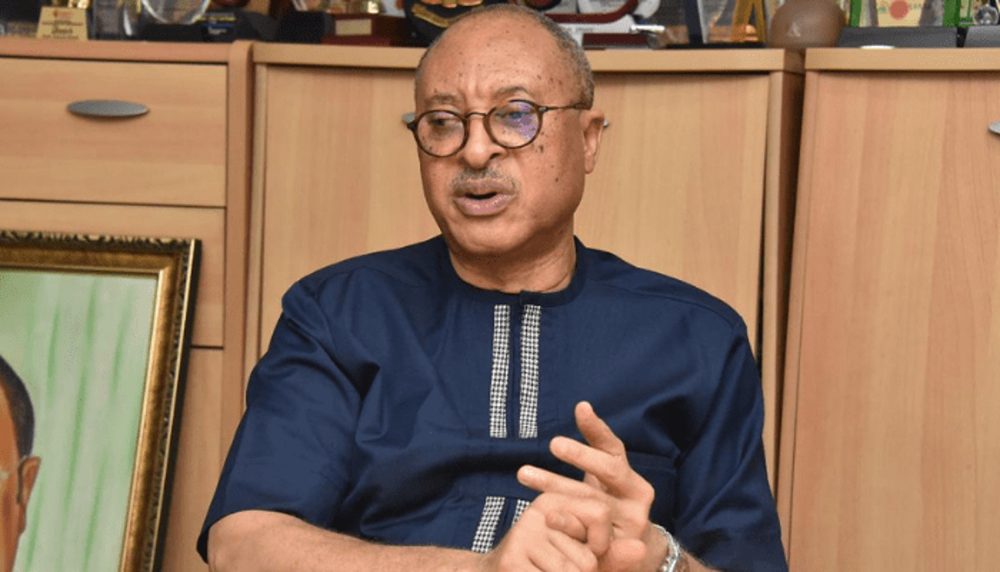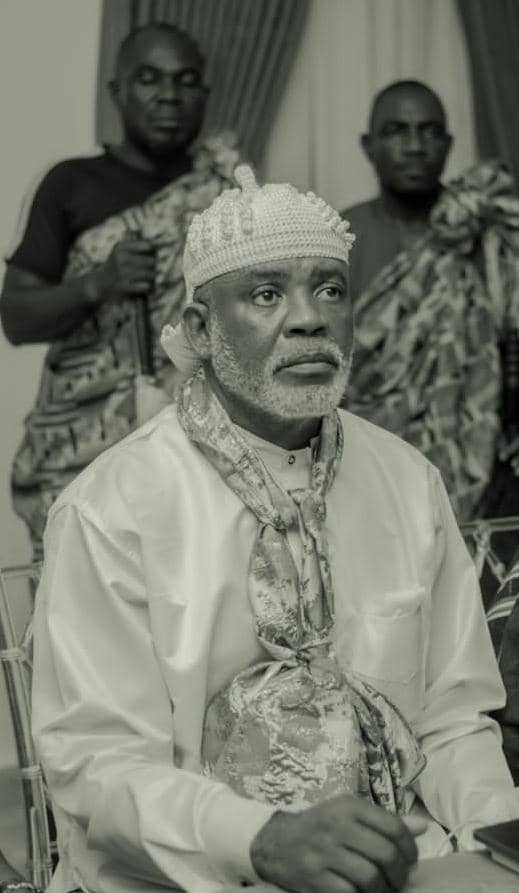Controversial Nigerian social commentator VeryDarkMan has ignited fresh debates online after releasing a polemical diss track criticizing Edo State Governor Monday Okpebholo, musician Portable, and clergyman Prophet Jeremiah Fufeyin. The track, shared widely on social media, blends sharp critiques of public figures with politically charged commentary, sparking polarized reactions.
In the song, VeryDarkMan derided Governor Okpebholo over his recently leaked secondary school exam results from the West African Examinations Council (WAEC), which reportedly showed low grades. Highlighting an “E8” mark—a failing score in Nigeria’s grading system—the commentator attacked electoral authorities for allowing a candidate with such academic credentials to hold office: “E8, WAEC result of a governor. INEC, shame on you,” he rapped, referencing Nigeria’s Independent National Electoral Commission. Critics have long debated the relevance of academic qualifications for political leadership in the country.
The track also reignited VeryDarkMan’s feud with street-hop artist Portable, whom he accused of past involvement in an alleged tricycle theft case. Portable, known for his combative persona, previously faced public backlash and a brief detention over the unproven claims. Additionally, the commentator targeted Prophet Fufeyin, a popular religious leader, mocking his sale of spiritual items like “healing water” and accusing him of exploiting vulnerable followers. Fufeyin’s ministry, which emphasizes miracle healings, has previously drawn both devotion and skepticism.
Online reactions split sharply, reflecting Nigeria’s dynamic social media culture. Some users applauded VeryDarkMan’s audacity, with @jack_sonsucess calling the track “What a jam” and @iamcozzdee praising its “level of pettiness.” Others criticized perceived overreach, including @holamydexloj, who labeled the commentator “werey”—a Yoruba term for a troublemaker. Meanwhile, @villagetapper speculated about Portable’s potential response, noting rumors about the singer’s personal life.
While the diss track underscores Nigeria’s tradition of using music as social commentary, it also highlights ongoing tensions between public accountability and personal attacks. The governor’s office and Prophet Fufeyin’s ministry have yet to respond publicly. Political analysts speculate the incident may reignite discussions about leadership standards, while entertainment observers anticipate further clashes between VeryDarkMan and his targets.
The video, posted on Instagram, has amplified conversations about free speech and the ethics of online criticism in Nigeria’s increasingly digital public sphere. As debates unfold, the episode exemplifies how social media continues to blur lines between activism, entertainment, and personal vendettas in the region.



